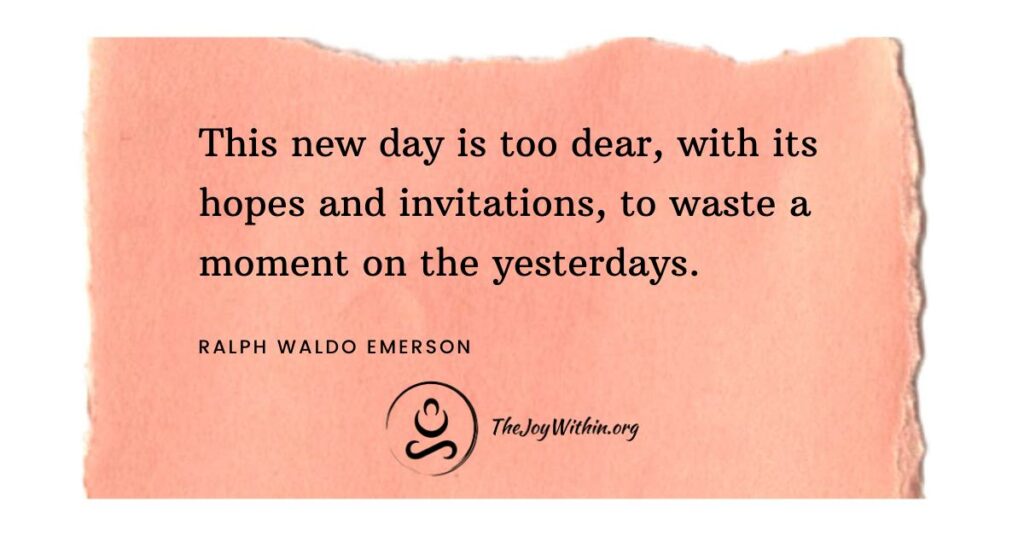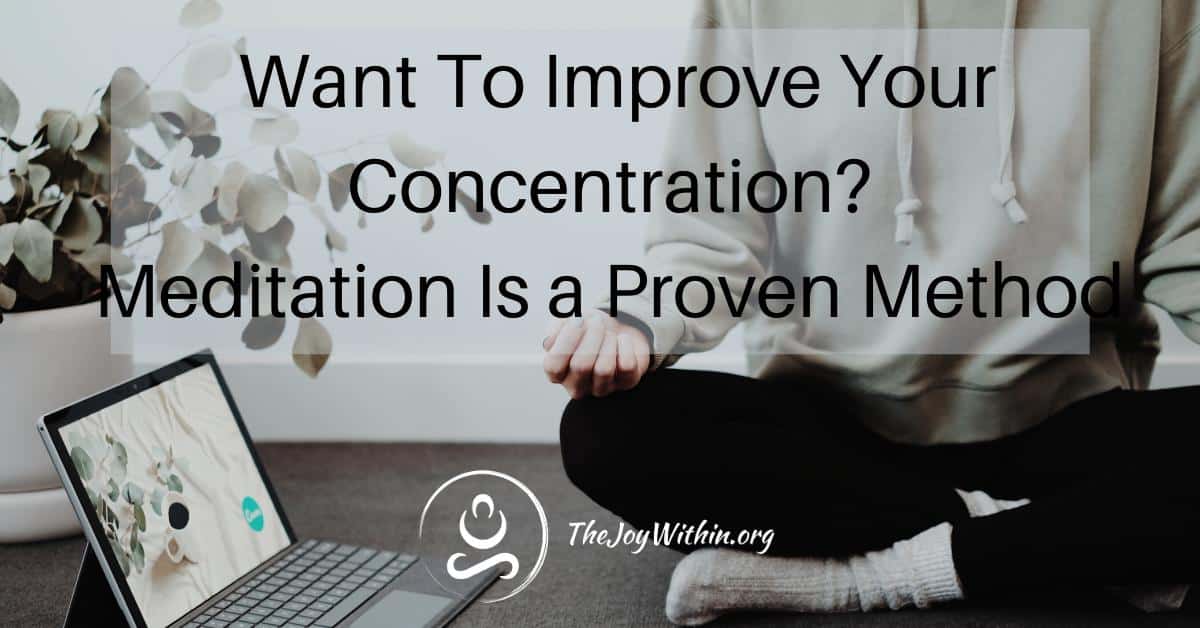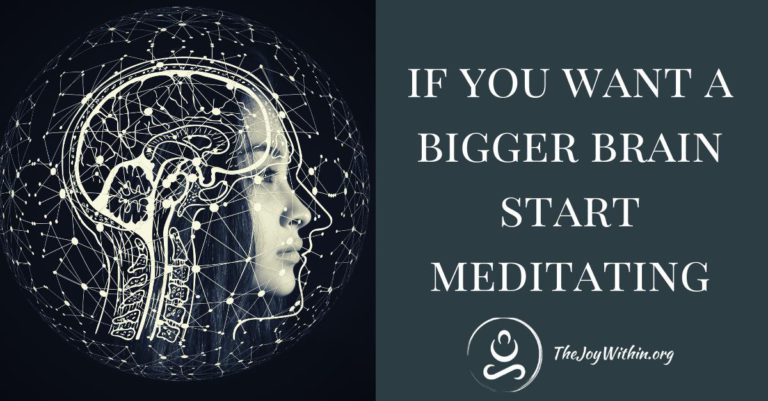Have you ever found yourself staring at and rereading a single sentence for an important project because your mind just cannot concentrate? Your eyes may have even shifted out of focus and it may be difficult to refocus them. Maintaining concentration can sometimes be a challenge, but meditation is a proven method to help.
Meditation and Concentration Studies
It is well known that meditation is good for you and your brain, but scientists have wondered exactly how meditation can help aid in such a wide variety of health benefits such as helping infertility and of course, boosting concentration.
Researchers at the University of North Carolina in Charlotte looked at students and their ability to perform a cognitive computer test after going through a 4-day meditation training. This training only required 20 minutes of meditation a day.
The results of the meditation students were compared to a control group which showed that the meditators performed the task 10 times better even on a specifically difficult test. The study also looked at the meditator’s performance while under-pressure due to a test that came with a time deadline.
The comparison showed the meditators also performed the tasks significantly better which goes to show that simple 20 minutes a day meditation can increase concentration skills significantly!
You may be wondering just how meditation can have this kind of effect on the brain. Well, the first study has been published finding the effects of meditation on your brain’s grey matter.
It was led by a team at Massachusetts General Hospital and published in Psychiatry Research: Neuroimaging. The study measured 16 brains of people who have never meditated before.
They were measured with MR images 2 weeks before beginning the eight-week mindfulness meditation program and as well as afterward. The participants meditated daily for an average of 27 minutes.

The techniques of mindfulness meditation include objectively cultivating awareness of your surroundings, your thoughts, feelings, and sensations. It creates deep focus while also teaching one to see through illusions or distractions of emotional bias.
You can practice mindfulness with this guided meditation here.
The results of the MR images after the course showed an increase in grey-matter within the hippocampus. The hippocampus is commonly related to learning and memory function.
Another profound result of meditation was a reduction within the grey matter of the amygdala. The amygdala is commonly associated with the role it plays in correlation to anxiety and stress such as triggering the fight or flight mode.
This groundbreaking study shows regular meditation can actually strengthen the brain and rewire it to function at its optimal capacity. If you want to learn more about how to get started with meditation you can check out our articles below.
Meditation Concentration Tips
If you are looking to boost your concentration simply sitting down to practice meditation for 20 minutes each day will begin to improve your focus. By allowing your emotions and thoughts to pass through you will keeping your focus on your breath and the present moment is a meditation practice that will always be beneficial.
We have other resources to help you improve concentration:




